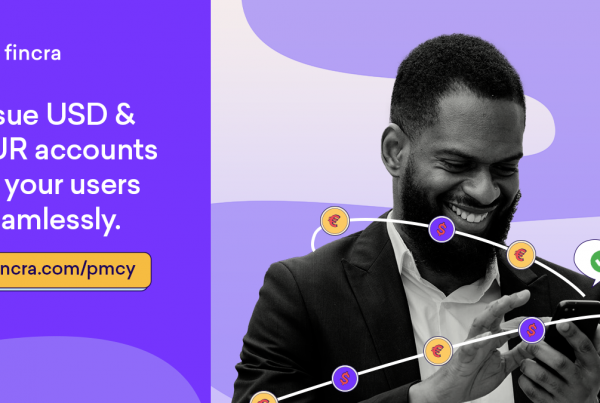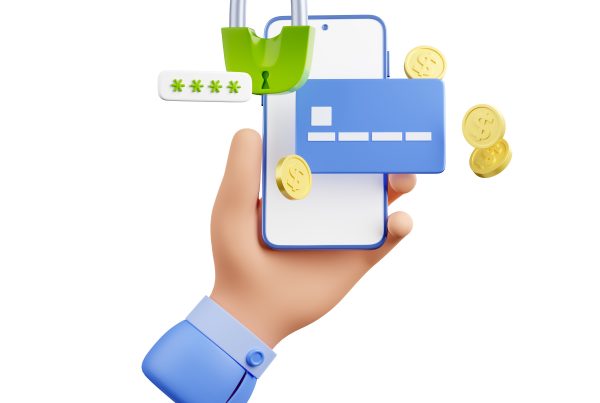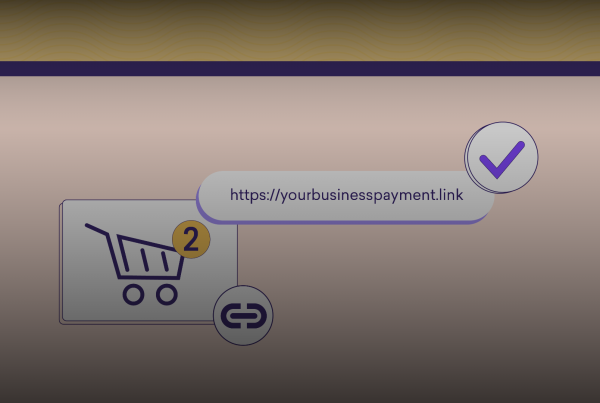Sending and receiving money is not just for individuals alone; businesses also have to receive money in exchange for their products and services and make payments for several reasons- to suppliers, investors, partners etc.
The importance of money in the world we live in today beggars description; money runs almost everything our daily lives revolve around-from our daily needs to education, business, recreational activities etc. The place of money in the world today is why the concept of moving it around is also pivotal.
Sending and receiving money is an essential part of how we navigate life. Whether for necessities, remittances or business, the movement of money plays a role in the crucial facets of our lives. To make people participate in this movement means giving them access to the basics of life; that is why the United Nations identifies financial inclusion as an enabler for seven of its 17 Sustainable Development Goals. Financial inclusion means that individuals and businesses can access valuable, affordable financial services, including sending and receiving money.
Individuals
Driven by innovations in fintech and joint efforts and committed partnerships between the public and private sectors, financial inclusion has continued to spread in Africa. In Sub-Saharan Africa alone, the level of financial inclusion grew from just 23% in 2011 to 43% in 2017 and has continued to grow as more people now have access to financial services.
From the days of currency transactions to credit/debit cards, ATMs, internet and mobile banking, more innovations in fintech like mobile money, agency banking, and neo banking have aided financial inclusion in Africa. Mobile money has significantly impacted Africa, which now accounts for 70% of the world’s $1 trillion mobile money value. According to GSMA, an organisation representing the interests of mobile network operators worldwide, the volume of mobile money transactions in Africa was $36.7 billion in 2021, growing 23% from the %27.5 billion in 2020.
Innovations like this have made it easier for Africans to carry out financial services like sending and receiving money. Amidst these new methods, many transactions still happen via channels like cheques, ATMs, USSD and other electronic means.
Businesses
Sending and receiving money is not just for individuals alone; businesses also have to receive money in exchange for their products and services and make payments for several reasons- to suppliers, investors, partners etc.
Over the years, payment methods have evolved; with the emergence of the internet, e-commerce became a thing, and these platforms needed new payment methods for payments. Now the internet has made the world a global village, making it necessary for businesses to adopt efficient payment methods to participate in international transactions.
Now, businesses are adopting payment technologies that will enable them to receive and send money anywhere globally, expanding their customer base and helping them scale. Fintechs have come up with digital products to help businesses to achieve these.
Fincra
Fincra is one of the fintech companies with a suite of payment solutions that meet all the payment needs of businesses across Africa. From receiving and sending money to cross-border payments, Fincra has answers to the difficulties of moving value around.
Receive Payment
Fincra has Receive Payment features built to fit with the latest trends in payment, making customers’ lives easier and driving business sales. With Fincra, businesses have access to different methods of accepting payments; via cards, bank transfer and Virtual Accounts in available local currency, which settles into their Fincra Wallet, a feature also available for onboarded businesses.
With Fincra, businesses also can collect payments in several currencies, solving the headaches of cross-border sales. This variety in collection methods and currencies opens businesses to more customers worldwide.
With Fincra, it’s easy; values received are instantly settled into Fincra Wallet with no hidden fees, eliminating the delays and costs that come with traditional banks.
Make Payments
Aside from receiving payments, businesses need to make payments, and Fincra has solutions to make it easy and convenient for onboarded merchants. With Fincra, businesses can make payments in currencies like EUR, GBP, USD and NGN. At the same time, beneficiaries receive the value in their preferred currency- USD, EUR, GBP and a host of other African currencies.
Conclusion
Businesses can often face the challenges of struggling to meet the growing payment needs of customers and losing out on sales. Fincra addresses these challenges and offers several payment solutions in one place, making them accessible to businesses across Africa.
Our mission is to make sending and receiving as easy as sending a text message.
Contact Fincra here to speak to our Sales Team or get started yourself here.




